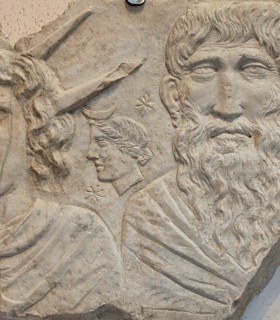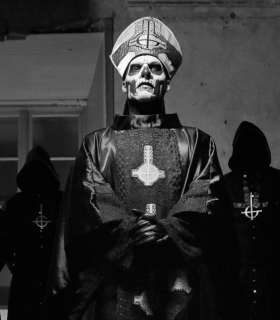What do the world’s poorest people most need? Money! And what’s the best way to get money? By selling stuff to rich people that the rich people greatly value. If I can attain sufficient financial support, and convince a few governments to grant me an exemption from their burdensome murder laws, I will start an organization that allows the desperately poor to sell their most valuable human assets.
Many rich countries suffer from organ shortages. 80-year-old millionaires regularly die because they cannot receive heart transplants, while the blind children of the rich have to wait months or even years before they can get donor eyes. Many other organs are also scarce. The non-insubstantial subset of the poor who have healthy organs could earn a pretty penny by dying and selling all of their harvested organs to the rich.
OK, I know what you’re thinking. It doesn’t really help a poor person if he receives a lot of money solely by doing something that kills him. But, this is where my proposed charitable organization adds value: I want a poor person to only probabilistically sell his organs. In return for a guaranteed cash payment, the poor person just has to accept a small probability of death. Here’s how it might work:
Each day I find 100 people who earn, say, $2 per day, and offer them each ten years’ wages. All of these people must have passed a medical exam showing that they have healthy organs. Then I prepare 100 injections, 99 of which are harmless and one of which is lethal. Each person gets a randomly chosen injection just before receiving payment. The person who gets the lethal injection has his organs harvested and sold to the highest bidder. Therefore, in return for ten years’ wages, each person accepts a mere one percent risk of death. The family of the unlucky one percent receives the payment that would have gone to the deceased.
As I believe in informed consent, I will explain all of the details of my operation to everyone involved, and only allow people to participate if they answer questions showing that they understand what is going on. To provide everyone an intuitive feel for what it means to have a one percent chance of dying before participating for real, everyone will have to take part in a few practice runs in which one out of a hundred people will be told: “If this had been real, you would now be dead.”
Will I find many poor people willing to participate? I think so. Ten years’ wages is a great deal of money. And since getting the funds would reduce a participant’s chance of dying from other causes, the true marginal risk of death from participating will be under one percent. It’s even possible that participating would increase someone’s expected lifespan, although I admittedly don’t have data to back up this last point.
Trigger Warning readers, I am asking for your conditional financial support. If I can obtain enough promises of backing, I will hire a lobbyist to see if I can persuade some government to create an organ harvesting lottery safe harbor exemption from murder laws. Are you with me?
James D. Miller is an associate professor at Smith College, the author of Singularity Rising, and has created a series of economic education videos on game theory and microeconomics.


